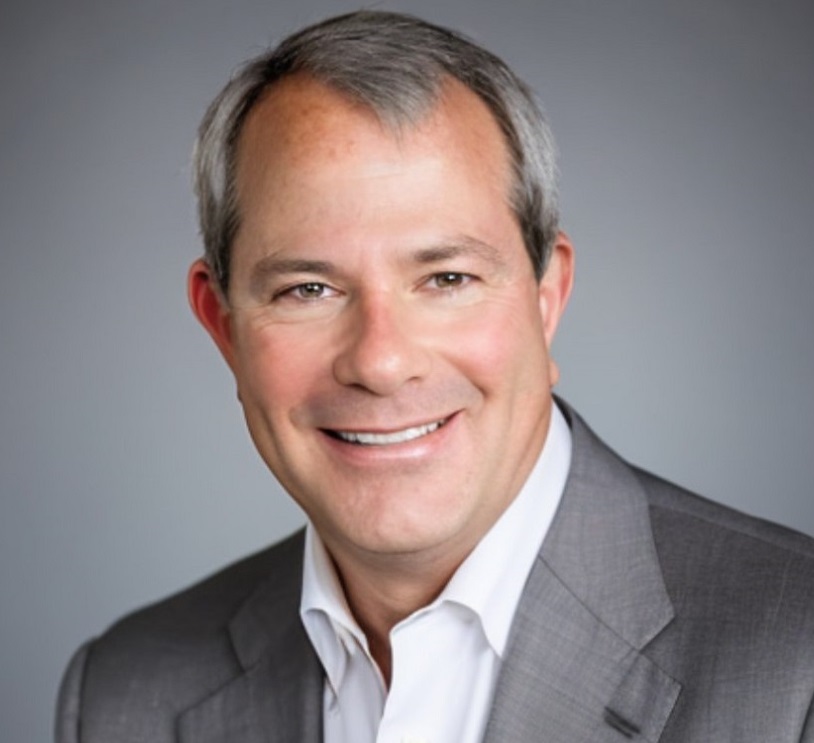Empowering
Indigenous Communities
Unlocking tribal economic development through infrastructure investments
Green Energy
The development and utilization of renewable and clean energy sources such as solar, wind, hydro, and geothermal power.
Broadband
Building and expanding high-speed broadband infrastructure, including fiber-optic networks, wireless connections, and satellite internet, to reach remote and underserved tribal areas
Resources
The pursuit of innovative projects that respect the sovereignty and unique identities of individual Tribes, while leveraging the collective strength and resources of all Tribal Nations and partners.
Clean water
Innovation and implementation of sustainable net zero waste water treatment throughout Indian Country.
Our story
THE PROBLEM:
Economic development and independence requires a foundation of modern, reliable infrastructure in order to compete successfully in the 21st century. The sad reality is, the vast majority of US Native Nations are burdened with antiquated, crumbling water and energy utility, broadband network and transportation assets.
The Biden administration’s $1.2 trillion Infrastructure Investment and Jobs Act (the “Act”) offers US tribal nations a once in a generation opportunity to access the federal funds they need to update their reservation infrastructure. In order to obtain grants and funding pursuant to the Act, however, tribes must submit data-based applications and grant requests, and then demonstrate they have the technical resources required to implement and execute their proposed infrastructure projects. The process can be complicated and laborious and requires specific skills and experience.
OUR SOLUTION:
The Tribal Infrastructure Alliance was established to facilitate tribal access to federal infrastructure funding available through the Act so that no Native Nation is left behind. TIA has built important partnerships within the US government (including DOE, Commerce and EPA) and is recognized as a conduit and aggregator of qualifying projects in Indian County. TIA has also established relationships with preferred commercial leaders in clean energy, broadband and waste water treatment to create shovel-ready projects designed to be modified to meet the specific needs of individual tribes that need and can benefit from these investments.
While recognizing the sovereignty of each of our members, TIA recognizes that strength come from unity and collaboration. Our organization represents a collective alliance between tribal nations, where tribes can share knowledge, resources, and support one another in their pursuits. We actively promote the idea that together, tribes can achieve greater access, fairness and sustainability.

Who we are
The Tribal Infrastructure Alliance (“TIA”) is a 501(c)(3) non-profit created to help Native Nations obtain federal funding pursuant to the Infrastructure Investment and Jobs Act for qualifying infrastructure projects including green energy (wind, distributed/utility-scale solar), reliable high-speed broadband, wastewater-treatment and more.
What we do
- Grant writing
- Project management
- Needs assessment and feasibility planning
- Accounting and financial services
- Implementation
- Long-term economic development

Become a member
Reach out to our team and learn how to become a member today!
Our team
Bryan Porter

Founder & Chairman
Bryan Porter is an entrepreneur and business executive, championing community, culture and the arts through his corporate and philanthropic action.
Mr. Porter’s corporate title at Grand River Enterprises is a Mohawk term “Shakohén:te’s”, which means ‘One who leads’. It’s in this combination of culture and business where he continues to lead what is now the largest private Indigenous corporation in Canada.
Bryan Porter is the primary benefactor and thought-leader of several non-profit organizations that support indigenous causes, including providing clean drinking water solutions to more than a hundred thousand tribal households, supporting native nation sustainability and advocating for sovereign tribal rights.
Kelly Jackson

Executive Director
Karl kipke

vice chairman
Karl Kipke has an extensive business background in investment banking, wealth management and private equity. A serial entrepreneur, he has founded and sold nearly more than a dozen start-up ventures in diverse industries including pet food, technology, medical devices and healthcare. He is the founder of the HealthGrowth Companies, where he serves as Chairman and Chief Executive Officer.
Since the 1980s, Mr. Kipke has served on more than a dozen corporate and charitable boards.
In 2021, Bryan Porter and Karl Kipke led the Inter-Tribal Trade Consortium, a non-profit organization, in its efforts to advocate in Washington, DC for the protection of indigenous sovereign rights against state taxation of and regulatory encroachment into inter- and intra-tribal trade.

